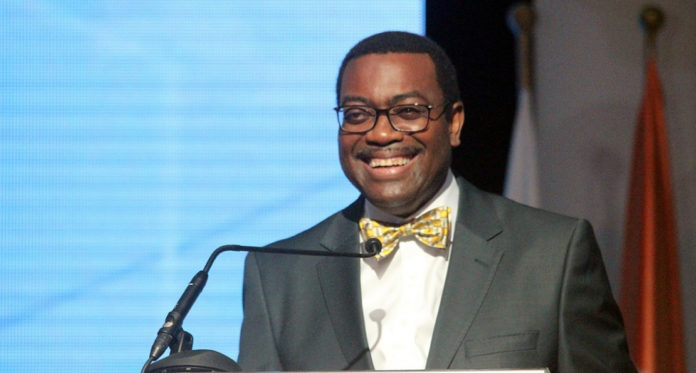A worker holds a hoe as they remove weeds at a farm amid the spread of the coronavirus disease (COVID-19), in Eikenhof, South Africa, on April 16, 2020.
The African Development Bank is looking to source about 500,000 tonnes of fertiliser for West Africa by the end of August as an emergency stopgap to avert a food crisis, a source with direct knowledge of the matter has told the Reuters news agency.
The move is part of the bank’s announced allocation of $1.5bn to shore up the continent’s food production and help with fertiliser due to the disruptions caused by the Russia-Ukraine war, Reuters reported on Friday.
Akinwumi Adesina, its president, told Al Jazeera in April that the price of urea, a low-cost fertiliser, has gone up by 300 percent. “It’s [the war] driving inflation in Africa, and it could — if not quickly well-managed — trigger a food crisis in Africa,” he said.
The bank said there was a two-million-tonne fertiliser supply gap across the continent. It has been meeting with chief executives of leading fertiliser companies in Africa and abroad to discuss fertiliser affordability, without confirming the volume sought.
“We are talking to partners and farmers as well,” the bank said in a statement to Reuters, adding that a country must request to participate. “Fertiliser needs are two-fold at this time, half of the fertiliser in May and June for some planting seasons, depending on location across the continent. The second half, called a top dressing, is needed a month or two months later.”
Nigeria and Morocco sources.
The source said it was agreed in a meeting in mid-May that the emergency volume could be sourced from Nigeria, supplying 300,000 tonnes of urea, and Morocco, supplying 200,000 tonnes of phosphates and blended fertiliser.
Morocco’s OCP and Nigeria’s Indorama attended the meeting but did not respond to requests for comment. Nigeria’s Dangote fertiliser producer confirmed the attendance of their CEO but did not disclose details on the emergency volume.
Given the short timeframe to organise financing and logistics, the source said the countries which need it most – Ghana, Mali, and Burkina Faso – may not receive enough fertiliser in time.
Nigeria faced a potential shortage of potash earlier this year after financial sanctions on Russia rattled banks and Uralkali was unable to deliver the fertiliser ingredient in time. Nigeria ultimately found alternative Canadian supplies and Russia will also still deliver some supplies.








